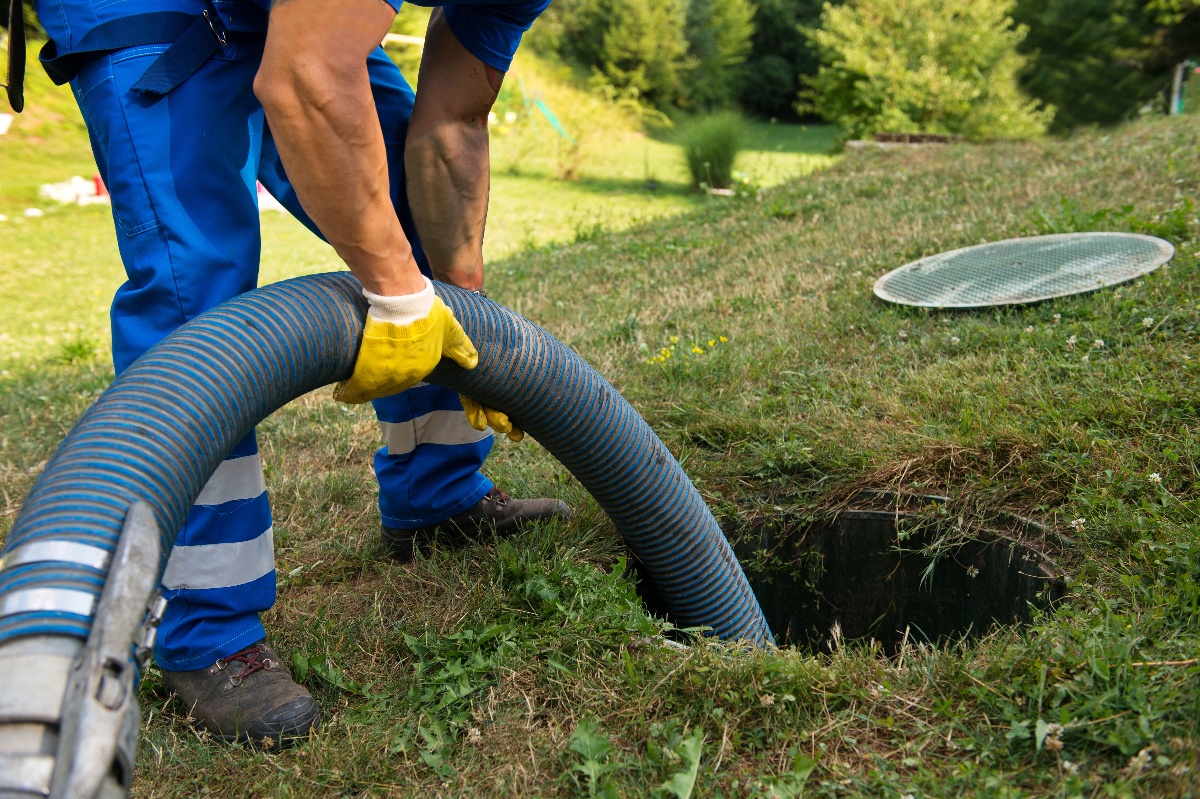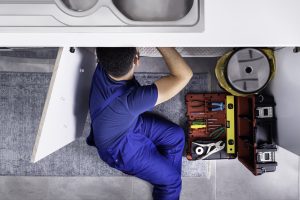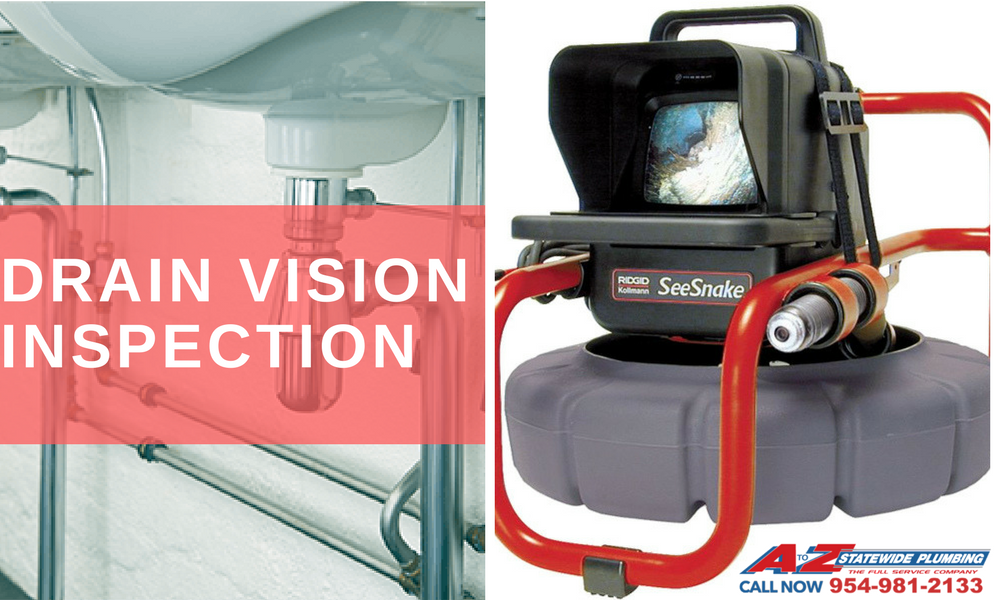At the end of 2019, the World Health Organization (WHO) started to declare that there would be an incoming medical emergency in the form of a novel coronavirus. Soon, the threat of COVID-19 had spread throughout the world, halting multiple industries, unsettling the stock market, and putting millions of people out of work. As of April 2020, the number of people affected continues to skyrocket.
In Canada, the spread of the novel coronavirus has upset immigration, the food supply, healthcare, and much more. Although the number of cases in Canada is much less than those in America and other countries around the world, global issues affect every country some way. This is true for businesses, namely small businesses, as well.
Since most plumbing contractors are considered independent contractors or small business owners, the impact on the economy and stay at home ordinances are going to be tremendous blow to the industry. Furthermore, are plumbers to be considered essential workers and businesses? How do these individuals stay safe when visiting the homes of clients who could potentially be infected with a highly contagious virus?
While there are still numerous questions about the transmissibility of COVID-19, there are a couple things we know for sure:
- COVID-19 is more dangerous than the common flu
- Everyone is in danger of getting the virus, not just those with compromised immune systems
- COVID-19 can be spread through sanitary drainage (plumbing) systems, as noted with a case in Hong Kong, where several individuals in the same apartment complex came down with the virus
- The virus, similar to SARS, may be transmitted through air particles and can survive on untreated sewage for up to 2 weeks
- Fecal transmission is not yet known, but the virus has been detected in fecal matter of coronavirus patients
- The main form of transmission is through droplets from coughing and sneezing, which is why personal protective gear (face mask, safety glasses, and gloves) is highly recommended for all essential workers
With all this in mind, it is obvious that plumbing professionals, who deal with sewage and other forms of waste on a daily basis, are putting themselves at risk of contracting COVID-19 every time they answer a call.
How COVID-19 Is Impacting Plumbing Businesses and Contractors
Now, let’s look at some concerns and changes that are happening within the plumbing industry as a result of the coronavirus pandemic:
COVID-19 is challenging numerous small businesses to rethink how they handle day-to-day operations. The plumbing industry is seeing a rapid increase in home calls, because more and more people are being forced to stay indoors during social distancing practices. However, depending on the situation, it may mean that the plumber cannot immediately be dispatched to a residence. Sometimes, they may even have to alter the way they provide assistance.
For instance, some plumbers are turning to voice and video chat applications, such as Skype and FaceTime, to meet with customers and help them navigate their plumbing problems. These virtual diagnostics help keep the plumbers safer, because they can enter less homes.
When customers truly need a plumber at their home, more preparation is required. For areas where the COVID-19 outbreak is high, professionals are wearing more protective equipment. Gloves, shoe covers, and masks have been refitted to ensure complete protection so that the professionals and clients are both confident about their safety.
More businesses are adopting distancing practices as well. While the plumbers are doing everything in their power to solve problems, provide plumbing maintenance and inspections, or doing emergency repairs and replacements, they are also using all recommended personal protective equipment, keeping distance from customers, avoiding unnecessary contact, and washing their hands regularly.
But are there any areas where plumbers have seen a decrease in business? Of course. The COVID-19 pandemic has greatly decreased the call volume in some regions. Customers have canceled or postponed previously scheduled maintenance work. For some, this spells trouble, especially for residences that have older plumbing systems that need routine maintenance. In the end, postponing such vital work to the plumbing system might cause a larger, more expensive problem for the homeowner.
Reactions From The Plumbing Industry
The plumbing industry as a whole, ranging from the educational providers, insurance companies, suppliers, and beyond, are feeling the effects of COVID-19. The executive vice president of the International Association of Plumbing and Mechanical Officials (IAPMO), Pete DeMarco, stated this:
“The IAPMO Group sends its best wishes to plumbers everywhere as we work in concert with the global efforts to defeat COVID-19. We urge all plumbers to take extreme precautions while providing essential services. Remember to wear all PPE properly and to keep tools and PPE clean, and avoid sharing of tools with coworkers. By carefully following excellent workplace and personal hygiene practices, we can help contain the spread of the virus. Remember, plumbers protect the health of the planet!”
Additionally, for those who worried about remaining certified or getting a thorough education during this time, the CEO of the IAPMO Group, Russ Chaney, said that rescheduling, extended deadlines, and online courses are being added for professional certification and testing.
Other groups, like Armstrong and Aquatherm, are stepping up measures to keep their employees safe while maintaining reliable business operations. For example, Armstrong has any person entering the company grounds undergo a body scan for their temperature. Any employees with elevated body temperature or symptoms are sent home and asked to self-isolate as soon as possible. Meanwhile, Aquatherm is limiting travel and has established a protocol for those visiting the place of business.
President of Uponor North America, Billy Gray, said, “All Uponor employees who can work from home are doing so… New policies are in place to restrict in-person meetings, non-employee visits to our campuses and travel… While taking special precautions to keep employees safe through social distancing, deep cleaning and more, we are building up inventory of primary products to meet customers’ demand today and into the future.”
Final Thoughts On Changes to the Plumbing Industry Amid COVID-19
By the time the novel coronavirus is under our control, the way people conduct business is bound to have changed, including the plumbing industry. These days, plumbers, manufacturers, and educational institutions are being forced to think of new ways to maintain relationships with customers while serving them the best and safest way possible. Surely, this will open new avenues for how certain plumbing issues are solved in the future, as well as the future plumbing professionals receive education and interact with one another and customers.
The post How COVID-19 Affects The Plumbing Industry. appeared first on The Irish Plumber.

 Imagine how cool it would be to have X-ray vision? You could see all sorts of cool things, like the insides of people’s houses or even your own skeletal system! And while those things are super neat, we can bet that most plumbers would use this power to peer inside drain pipes and see minor clogs before they cause MAJOR problems.
Imagine how cool it would be to have X-ray vision? You could see all sorts of cool things, like the insides of people’s houses or even your own skeletal system! And while those things are super neat, we can bet that most plumbers would use this power to peer inside drain pipes and see minor clogs before they cause MAJOR problems. Cleaning your drain when it’s starting to get clogged can be a rough experience. Nobody wants to come home from a long day of work, especially if it’s a bad day, and roll up their sleeves to get their hands dirty unclogging a drain. It’s an obnoxious process, and unless you’re a plumber, it can involve a lot of online searches and disheartening experiences.
Cleaning your drain when it’s starting to get clogged can be a rough experience. Nobody wants to come home from a long day of work, especially if it’s a bad day, and roll up their sleeves to get their hands dirty unclogging a drain. It’s an obnoxious process, and unless you’re a plumber, it can involve a lot of online searches and disheartening experiences.

 The list of things that should go down the drain in your home is very short: water and other liquids. But people have the tendency to send all kinds of things down the drain. While rinsing bits of food, coffee grounds or oils down the drain won’t cause much of a problem at first, over time, those solids can build up, leading to a clog.
The list of things that should go down the drain in your home is very short: water and other liquids. But people have the tendency to send all kinds of things down the drain. While rinsing bits of food, coffee grounds or oils down the drain won’t cause much of a problem at first, over time, those solids can build up, leading to a clog. We put it right in our name: The Trusted Plumber. We’ve gained a reputation for reliability with our excellent service and 100% satisfaction guarantee. And if you’ve come to this page today, it’s likely because you have suspicions about other
We put it right in our name: The Trusted Plumber. We’ve gained a reputation for reliability with our excellent service and 100% satisfaction guarantee. And if you’ve come to this page today, it’s likely because you have suspicions about other 
